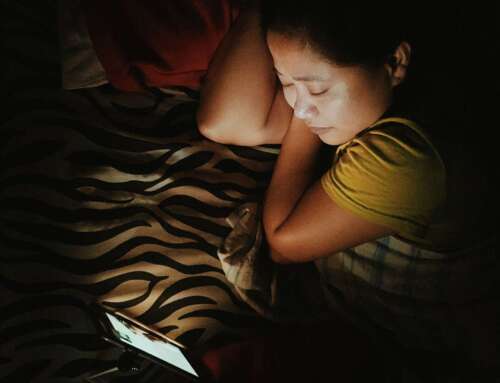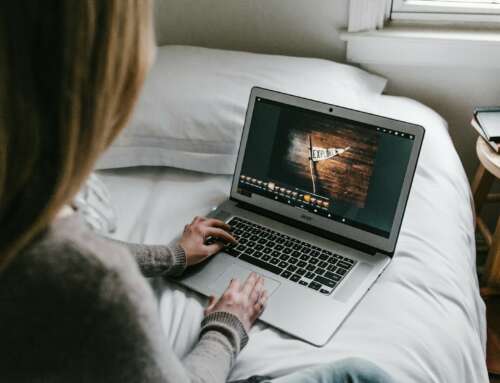We received an overwhelming response to comments by Dr Michael Carr-Gregg this week about the over-use of mobile phone technology by young children.
Our research of 257 Australian parents representing 517 children showing 69 percent of kids aged under 18 have a mobile raises some interesting points.
While no-one can deny mobile phone technology has played a huge part in bringing us closer together there is a case for placing limits on children’s usage.
I was surprised when parents told us that four-in-10 children aged 4-7 now have a mobile.
The problem occurs when they’re permitted to have a phone in their bedroom. This leads to late night/early morning texting and game-playing when kids should be getting their sleep.
Dr Carr-Gregg, says it’s significant that other research shows 40 percent of Australian young people are missing out on the medically-recommended amount of sleep on school-nights.
Given the importance of sleep to the ability to learn and study, lack of sleep now represents a significant obstacle to Australian kids’ mental development.
So let’s charge the mobiles in the kitchen at night where our kids won’t be tempted to use them.







I am amazed that the excellent article by Dr Carr-Gregg doesn’t touch on the electromagnetic radiation dangers, with having a mobile phone under the pillow at night, so as to not miss any text messages.
Drs Vini Khurana and Charlie Teo have already expressed their fears on emf’s and emr’s contributing to childhood diseases and brain tumours, not to mention behavioural problems occurring. It has been documented that emr’s interfere with the sleep brain wave patterns.
Yes, I am passionate about protecting our future generation’s mental and physical health, as a Grandmother of four, let’s educate ourselves fully so we can all make informed decisions, especially mobile phones and young children and teenagers. In Europe, the govts warn parents not to allow children to use mobile and hands free phones, only in emergencies.
Please let us not be too late in making these informed decisions, do we want our future generation’s health compounded more?